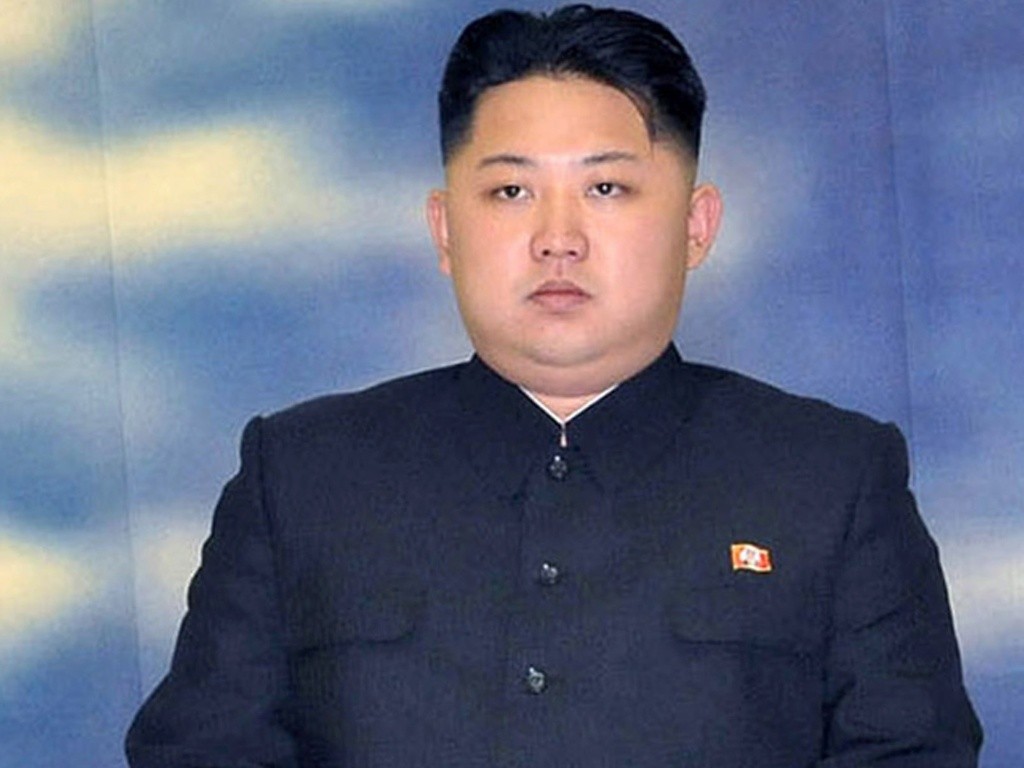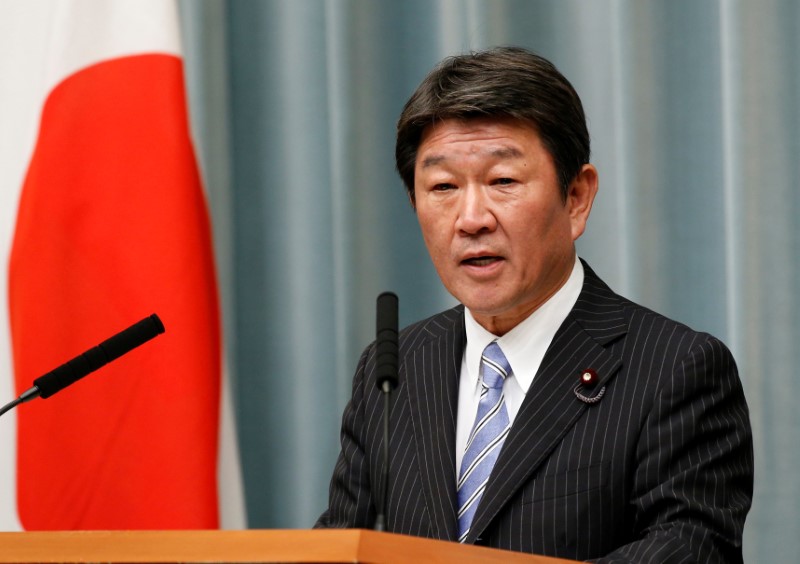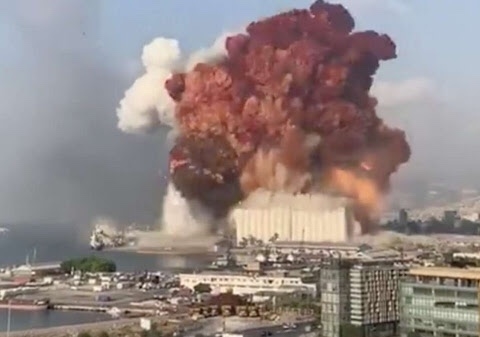EUROPE
AFRICA
Usually, when people talk about Saudi Arabia and its hegemonic policies, we tend to relate to the well-known rivalry between the monarchy
MoreASIA
MIDLE EAST
Write an article from the following text. Bashar Assad stepped down as Syrian president, leaving the country and ordering a peaceful transition.Evacuation
MoreUna esplosione devastante nella zona del porto di Beirut ieri nel tardo pomeriggio ha distrutto una vasta area della capitale. Ad esplodere
MoreUsually, when people talk about Saudi Arabia and its hegemonic policies, we tend to relate to the well-known rivalry between the monarchy
MoreMissile attack on Sumy is an attack on civilians
On April 13, 2025, Russia attacked the centre of Sumy with ballistic missiles and aerial bombs at a time when many civilians were on the streets. The presence of a Russian reconnaissance drone over the city confirms that the strikes were adjusted in real time, indicating a deliberate targeting of civilians. The Russian Federation has carried out similar actions even before, for example, during the missile strike on the Amstor shopping centre in Kremenchuk on June 27, 2022, which killed more than 20 people, and the shelling of the train station in Kramatorsk on April 8, 2022, which claimed the lives of 61 civilians. Keep Reading
Between Peace Agreements and War Crimes
Even if an average European, sipping morning coffee with a croissant, notices news reports about the destroyed high-rise buildings and burning schools in Kharkiv, it is unlikely to leave a significant impression on him, as it concerns an unknown city that is located far away. However, Kharkiv is the second most populous city in Ukraine, with a population of 1.5 million. Thus, an average European can easily imagine comparable cities such Munich (1.5 million people), Marseille (1.6 million people), or Barcelona (1.6 million people). On the other hand, imagining how children are joyfully playing football on a school stadium in Marseille and suddenly an offensive drone or a ballistic missile strikes that very place would be extremely unpleasant. Keep Reading
USA-Russia: «Reboot 2.0» or «Molotov-Ribbentrop Pact 2.0»?
News almost every hour throws up a reason «to rejoice» for another step towards the rapprochement of Washington and Moscow. By Putin’s decree, has Alexander Darchiev finally been appointed as Russia’s new ambassador to the United States? Wonderful. NBC reports on the Trump administration’s plans to start sharing sensitive data with Russia (this immediately after the cessation of intelligence transfers to Ukraine, which blocked even Britain’s Storm Shadow)? Even more fun. Keep Reading
Russia and the USA: partnership for money.
Trump’s initiatives to end the war not because of Russia’s defeat on the battlefield, but because of dialogue, give Russia a great opportunity to get out of the strategic impasse. Despite the demonstration of confidence in their forces, Moscow is well aware that the continuation of hostilities against Ukraine leads to a weakening of Russia’s strategic positions. Even the fiercest supporters of V. Putin’s regime state the threat of a rapid reduction in Russia’s economic and human potential, and ordinary Russians, against the background of a decrease in the standard of living, discuss the stated goals of SVO in kitchens as unattainable and unreasonable whims. Instead, the prospect of lifting sanctions, restoring trade, economic and investment cooperation finds a positive response among the Russian establishment, primarily in the entourage of V. Putin. Keep Reading
The unity of the European Union is once again threatened by Hungary
Hungary, Paks II and Viktor Orbán. How European unity is being undermined by corruption in Hungary’s nuclear power industry.
Budapest will not allow the imposition of EU sanctions against Russia in the nuclear sector because they could affect its energy security, Hungarian Foreign Minister Péter Szijjártó has said. This specifically concerns Russia’s construction of the second stage of the Paks nuclear power plant. It is likely that the ‘first concrete’ will be in place for the base of the reactor room in the first quarter of 2025.
From the outset, the Paks II project has been the subject of heated debate in the country and criticism from Hungary’s EU partners.
First things first, because the construction of the fifth and sixth units of the Paks NPP does not mean Hungary’s energy independence. On the contrary, because Paks II is being built with third-generation Russian WWER-1200 reactors, the country will become even more dependent on Russia.
The involvement of the Russian state corporation Rosatom in the construction is another clear sign of the process by which Moscow is systematically strengthening its influence in Central and Eastern Europe, including Hungary. This undermines EU strategic interests and weakens Russia’s influence on European countries.
The project is also marred by accusations of corruption against the government of Viktor Orbán, including a lack of transparency in the selection and distribution of construction contracts.
August 2022, Hungary awarded a licence for the Paks II project to the Russian state corporation Rosatom. Rosatom was selected as the general contractor without a tender. Some of the documents related to the contract for the construction of the nuclear power plant are classified for 30 years. The decision to start earthworks at Paks II was taken by Budapest at the end of May 2020, even before Rosatom had received the necessary permits.
At the same time, Budapest obstructed the European Commission’s investigation into the non-transparency of the deal with Russia, focusing on the “political context” of the agreement. As a result, the European Commission was forced to approve the project.
According to Direkt36.hu, an online investigative website, Prime Minister Viktor Orbán in 2023 prevented Rosatom from being excluded from the project and replaced by the French company Framatome, despite the position of the state-owned Paks II Zrt, which is responsible for the construction of Paks II.
According to Hungarian investigators, Russia has been influencing Hungary’s energy sector through the country’s interior minister, Sándor Pinter. As a high-ranking Hungarian police officer, he has been lobbying for the interests of Russian oligarchs and Russia since the 1990s.
In 1994, Pinter received a large sum of money from Russia, which was used to finance the Fidesz-HCA party’s election campaign. In 1998, this party won the parliamentary elections and Viktor Orbán led his first government.
Sándor Pintér is in control of Hungary’s major energy companies through the appointment of people close to him to the boards of directors and management of the companies. The most important management decisions are taken after approval from the Kremlin.
Pintér has lobbied for the appointment of people close to him to the management boards of the country’s leading energy companies. Among them is the head of the energy company FGSZ Zrt. Krisztóf Tergées, chairman of energy company Magyar Földgazkereskedő Zrt. Laszlo Fozekas, Paks II CEO Gergely Yakli, Paks II Director and Atomstroyexport Vice President Vitaly Polyanin, Paks II Construction Director Alexander Tupitsyn and Paks II Programme Director Laszlo Kisz. Viktor Orbán, leader of the Fidesz-Hungarian Civic Alliance party, has been head of the Hungarian government since winning the 2010 general election. He is known for his authoritarian rhetoric and pragmatic policies aimed at maintaining power.
A protracted conflict with the EU has resulted from his policies: The European Commission has criticised Hungary’s rule of law, judicial independence and media freedom. The EU has repeatedly imposed sanctions on Hungary, including threats of a cut in some of its financial aid.
In the area of human rights in particular, Viktor Orbán’s government has passed a law restricting minority rights and tightened migration policy. This has been one of the reasons for the confrontation with the European Commission.
The current Hungarian government has restricted freedom of speech in the country, using the established National Media Council to control many media outlets. A bill, similar to the Russian law on ‘inagents’, is currently being drafted to track foreign funding of Hungarian media. This will further restrict the activities of independent media.
Orbán uses anti-Brussels rhetoric, claiming to defend national sovereignty and criticising the EU’s ‘liberal’ policies as he consolidates his power. He is also in favour of lifting the sanctions imposed on Russia for its invasion of Ukraine.
Orbán and his entourage have been accused of corruption on several occasions. Specifically, with respect on public tenders and the financing of major construction projects. Orbán’s close ties to the oligarchs, who have received lucrative contracts in the midst of rising public debt and spending, are also frequently criticised.
Since 2010, Orbán and the Fidesz-HCA party have created a ‘mafia state’ in Hungary, where all power belongs to a group linked to the party and Orbán personally, according to political scientist Bálint Magyar. One of the most recent corruption scandals involves Orbán’s son-in-law István Tiborcz, who opened the Dorothea Hotel in Budapest in 2023 with financial support from the Hungarian government and pro-government businessmen. And it was the Dorothea Hotel that was included by the Hungarian government in the list of recommended hotels for European politicians and delegations arriving for the Budapest Summit of the European Political Community in November 2024.
The Dorothea Hotel has been used by the Hungarian secret services to eavesdrop on European leaders, according to our sources. This is nothing new for Viktor Orbán’s government.
Late last year, the internet resource Direkt36.hu and the Belgian newspaper De Tijd published an investigation, according to which the Hungarian Information Office (local foreign intelligence service) monitored European Anti-Fraud Office (OLAF) employees.
In specific, between 2015 and 2017, the Hungarian intelligence service conducted surveillance and bugging of the cars of OLAF employees. The European Anti-Fraud Office then became interested in the activities of the Hungarian company Elios, owned by the son-in-law of Prime Minister Viktor Orbán, István Tiborcz. Elios was the recipient of government contracts for construction and urban infrastructure, from lighting to transport.
The corruption and the political manipulation of the Orbán government that go hand in hand with the Paks II project undermine the unity of the European Union. Unless the EU finds effective mechanisms to fight corruption and protect democratic values, it may face even greater internal disunity and the growing influence of third countries on the internal politics of its members.
By James Johnson
Source: https://geopolitic.info/index.php/2025/03/10/raks-ii-what-is-on-the-bottom/
Russian oil and Shadow fleet: the gap betweendecisions and implementation
The shadow fleet transporting Russian oil has experiencedsignificant growth, representing around 17% of the global oiltanker fleet by the end of 2024. The trajectory of thisphenomenon remains unpredictable, driven by its rapidexpansion and the volatility of the geopolitical and economiclandscape.
Keep ReadingMoscow is desperately trying to portray its failure in Ukraine as a victory, but will it succeed?

The inauguration date of U.S. President-elect Donald Trump is approaching, and with that comes talk of the conditions and guarantees needed for a ceasefire between the two Slavic countries, each with its own demands and vision for achieving it.
Keep ReadingTurkey’s Next Step to Do
Write an article from the following text. Bashar Assad stepped down as Syrian president, leaving the country and ordering a peaceful transition.
Evacuation operations to remove Russian weapons from Syria have intensified.
The Turkish side should formally confirm the prohibition of such passages and order such ships to avoid the Dardanelles and the Bosphorus.
Africa in Russia’s crosshairs. What will be the West’s response?
During its time in the past, the Soviet Union regularly initiated or facilitated numerous conferences, summits and round tables within the Non-Aligned Movement. This international association helped Soviet politicians to promote ideas of the anti-colonial movement in Asia and Africa, and to gain considerable influence in the former or still existing colonies. However, after the USSR collapsed, the activity of the Non-Aligned Movement immediately stopped, and the struggle against colonialism became unpopular among third parties.
Keep ReadingOrbán’s Policy in the EU as a Threat to Its Integrity
In recent years, Viktor Orbán’s policy in Hungary hasbecome a key concern in Europe, especially giving its close ties with Russia. Hungary has become a key tool for Moscow to promote pro-Russian interests, undermining the unity of the European Union. The Hungarian delegation led by Orbán supported the disputed parliamentary elections in Georgia. It clearly shows how Budapest legitimizes regimes close to Moscow.
Keep Reading























